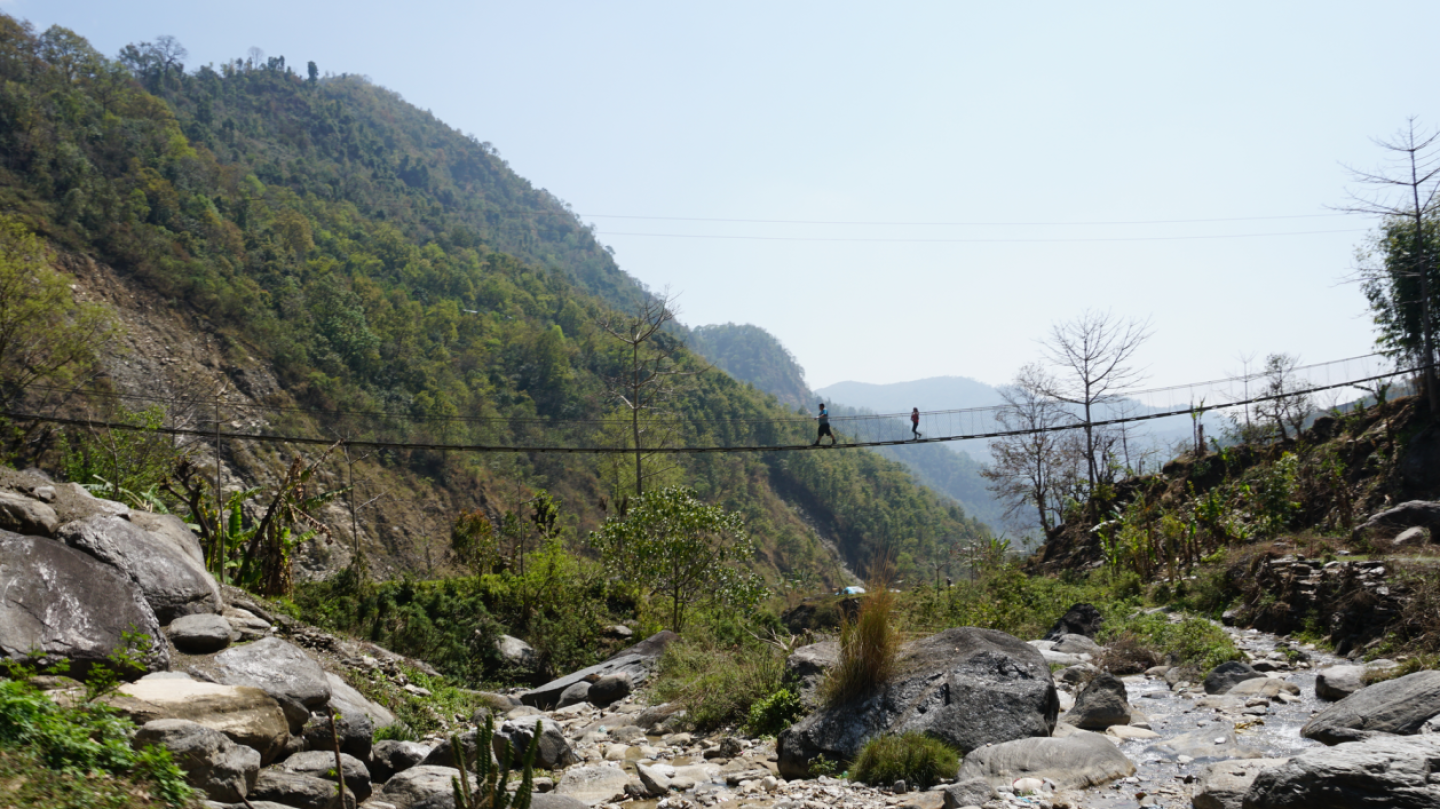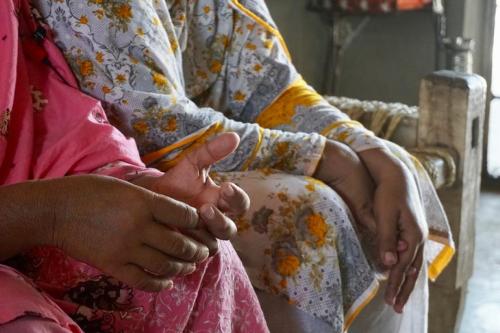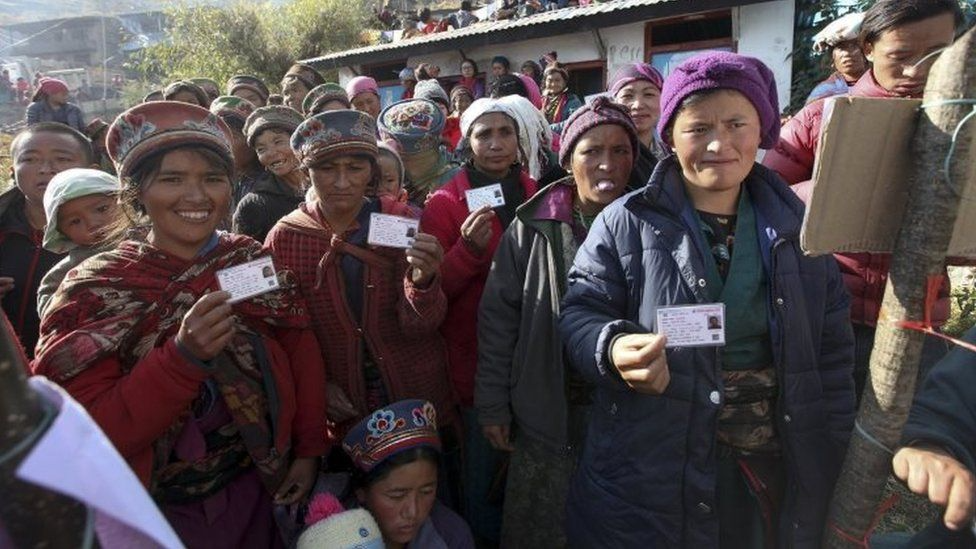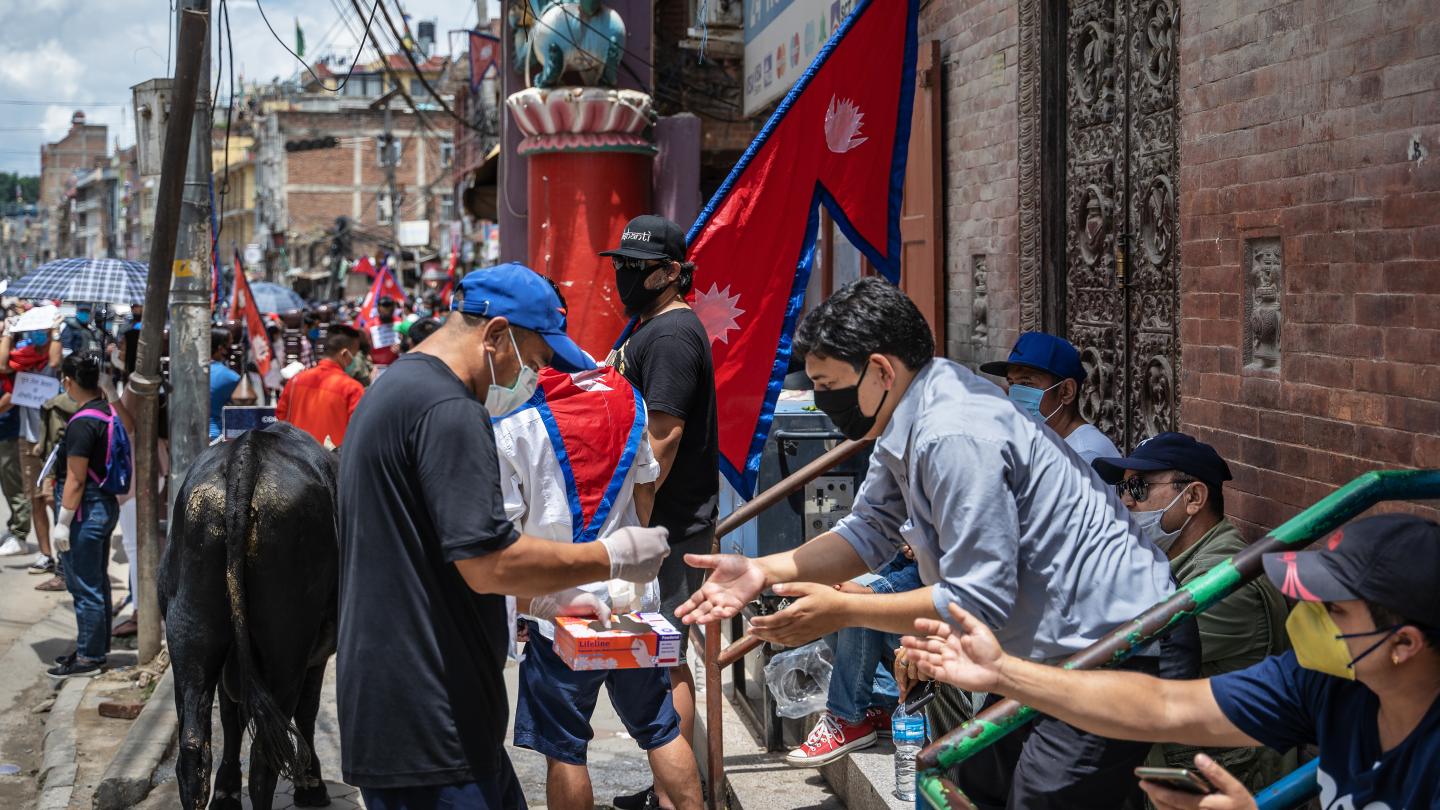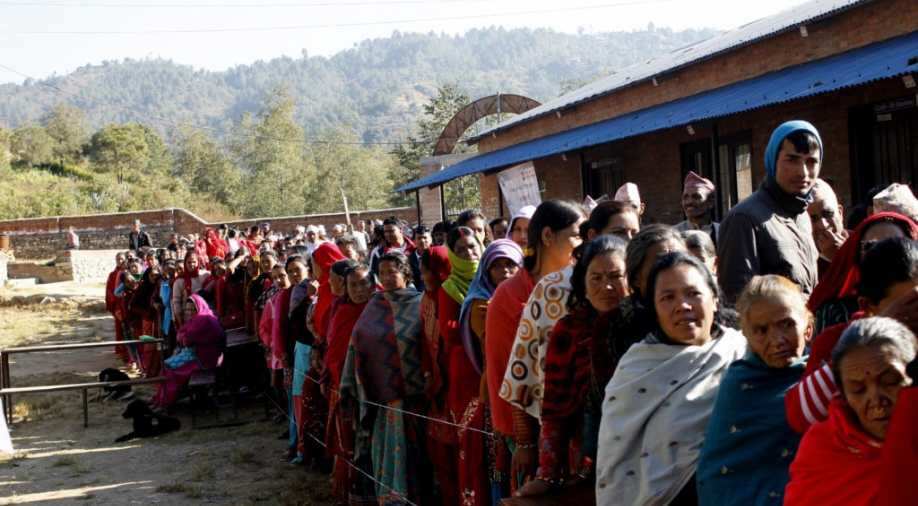
After decades of civil war and political turmoil, Nepal ratified a new federal constitution in 2015. Elections in 2017 voted in more than 30,000 first-time politicians to newly empowered local offices. This political transformation offers an extraordinary opportunity to address poverty and give more Nepalis a greater stake in their country’s future – but federalism remains controversial, and the transition is challenging.
In collaboration with the UK’s Foreign, Commonwealth & Development Office, researchers at Inclusion Economics at Yale University, Governance Lab, and the London School of Economics are exploring how current policies and programs address Nepal’s long-standing political and economic inequities. The goal is to demonstrate how rigorous research can be relevant to meeting three primary policy goals in Nepal: a successful transition to federalism, broader economic transformation, and more inclusive economic development.
The project seeks answers to various questions, including: What policies and programs can best support positive change in a rapidly evolving political environment? What is enabling or constraining inclusive growth, state capacity, public services, private sector activity, civic engagement, and transparency and accountability? How can development partners use their limited resources to support political and economic inclusion? The project, currently in its implementation phase, aims to build a practical evidence base for Nepal and its supporters about what is working, what is not, and why. Key research outputs and findings for the project are cataloged under the following sections: highlights, inclusion and political representation, and local government capacity and policy priorities.
